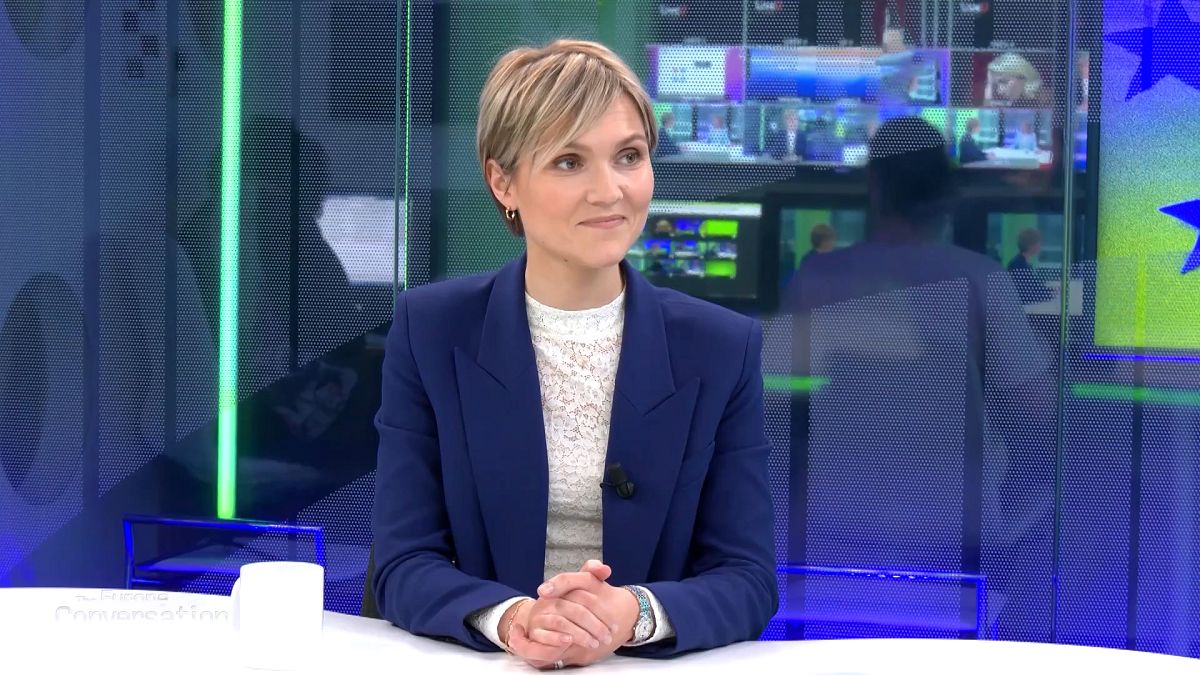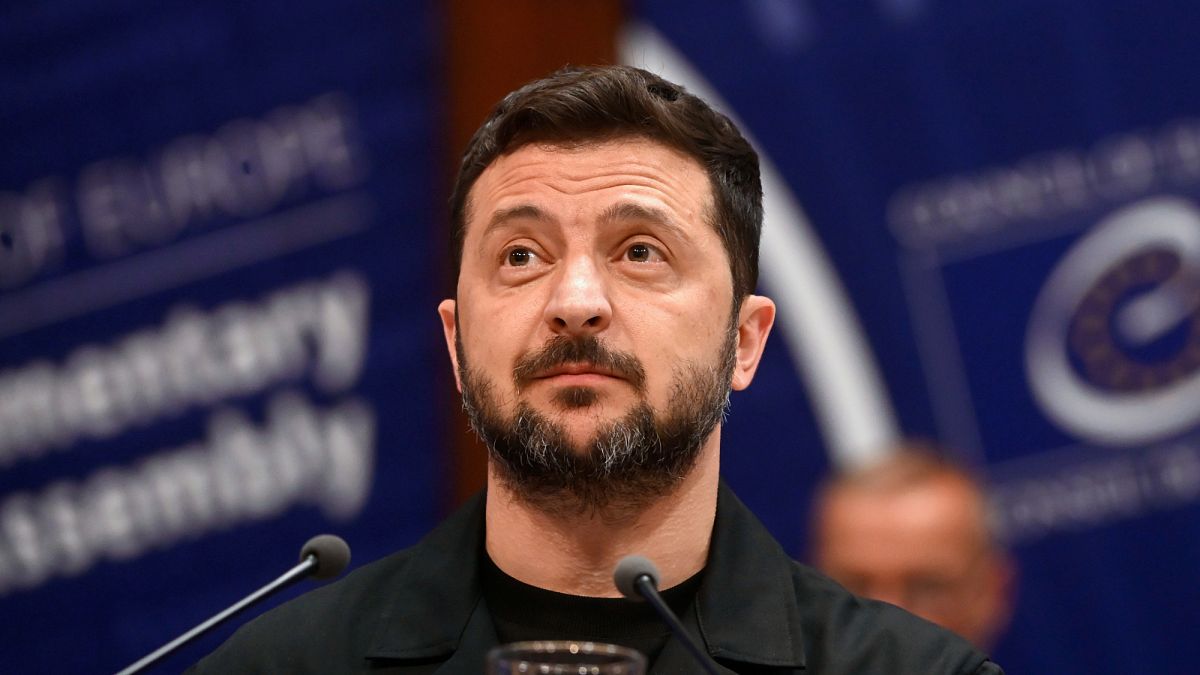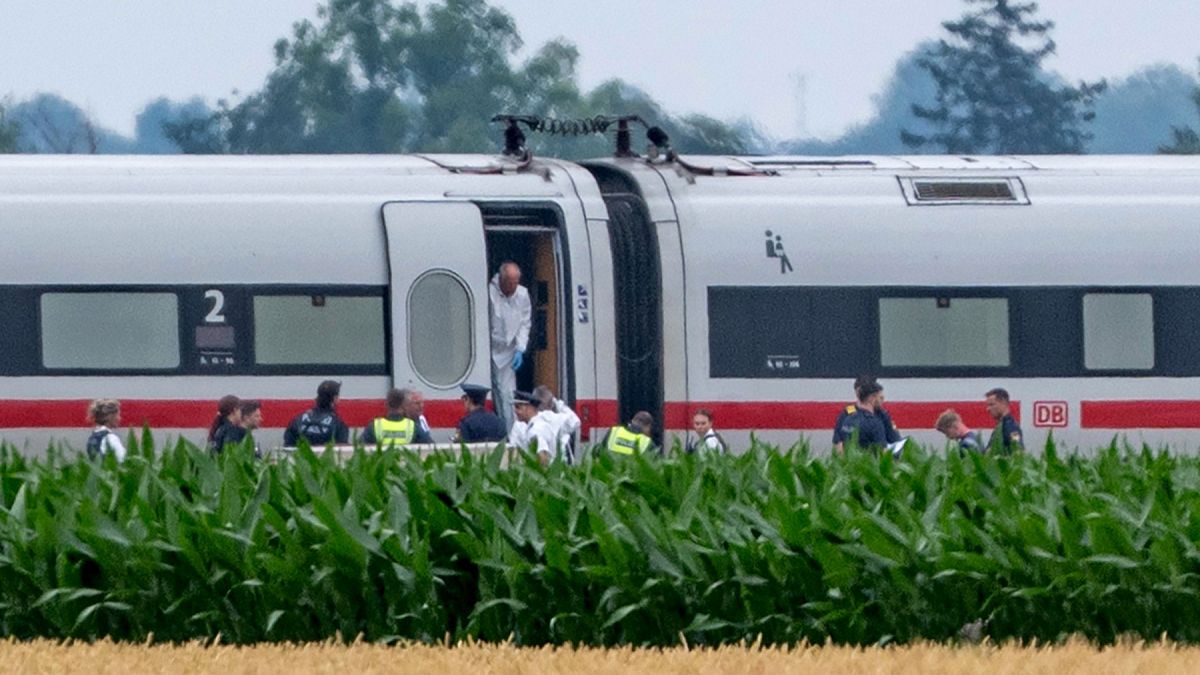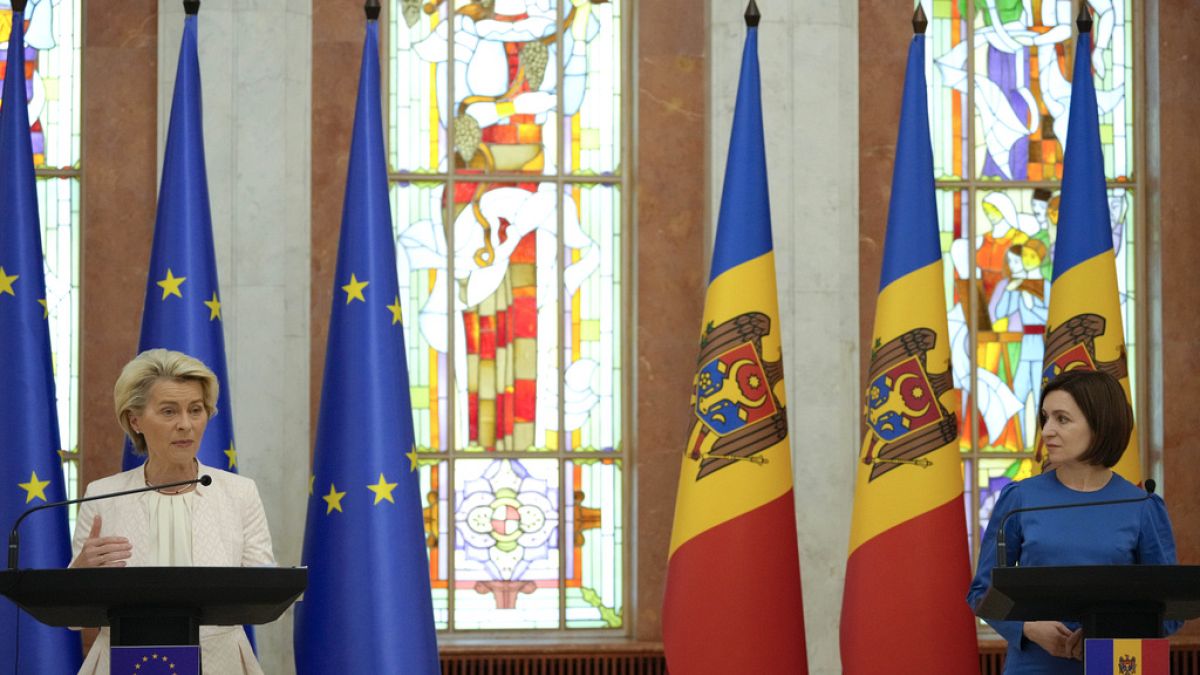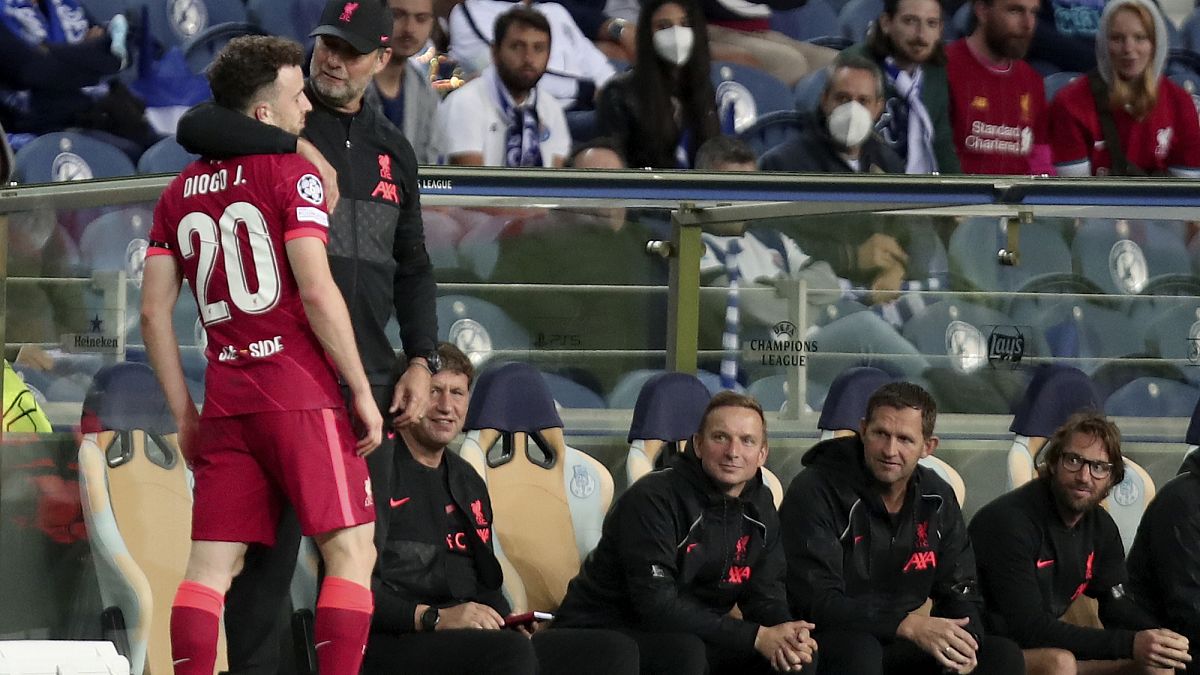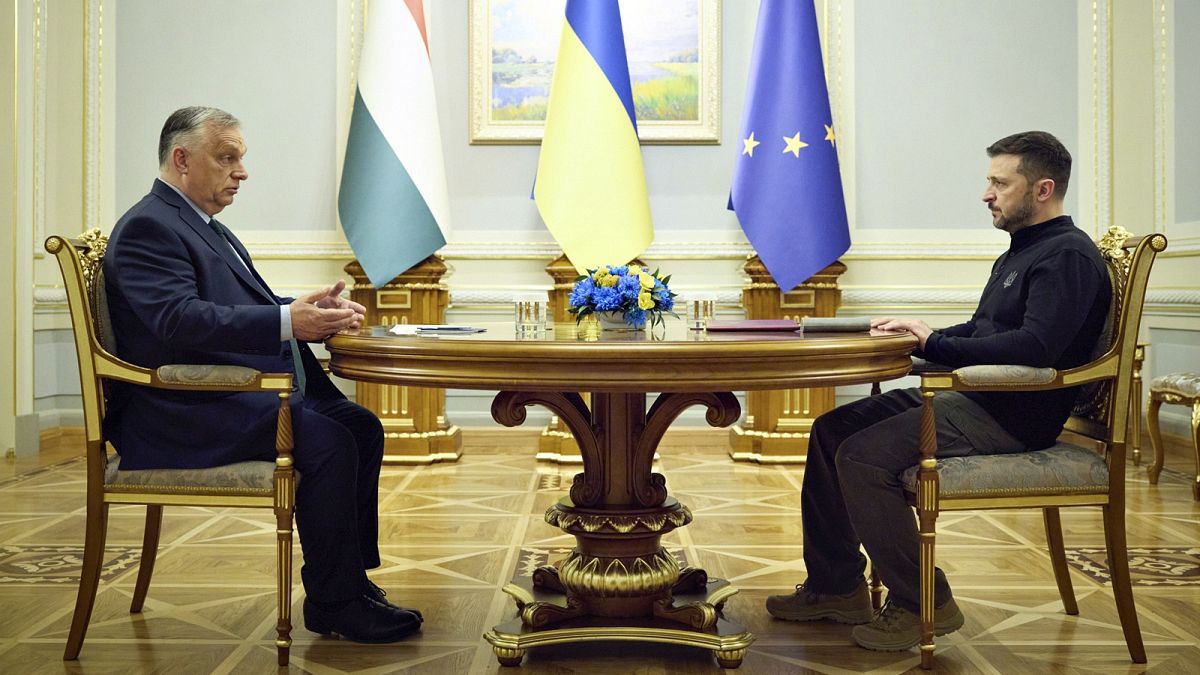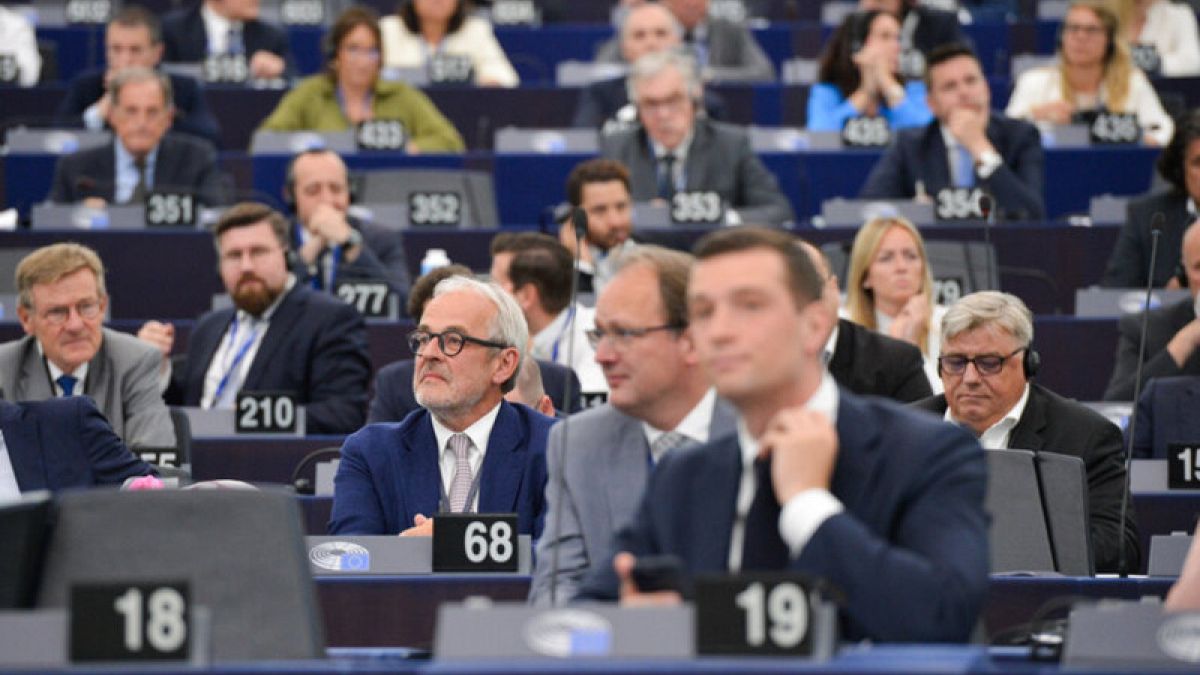Iceland’s Stance on Counter-Tariffs
Iceland’s Prime Minister Kristrún Frostadóttir spoke with Euronews, reaffirming her government’s decision to refrain from imposing counter-tariffs on the United States in response to the escalating trade tensions. Frostadóttir made it clear that Iceland would not engage in a trade war, emphasizing her commitment to free trade despite the pressure from rising tariffs.
“We are not going to respond with our own tariffs. We believe in free trade. We’re a small economy,” she exclaimed. “Hopefully we’ll see these tariffs go down.”
Concerns Over Escalating Trade Tensions
The Trump administration has announced a 90-day pause on the tariffs he’d imposed on most countries, with a White House official confirming last night that the EU got a reprieve because its retaliatory tariffs have not yet gone into effect — and that the bloc, including Iceland will still be subject to the 10 percent base rate that kicked off on April 5. Despite this, Frostadóttir expressed deep concern about the potential spillover effects on Iceland’s trade relationship with the EU.
“We worry that we’ll see an escalation of this tariff war and there might be some spillovers that affect our trade relationship with the EU,” she said. “And it’s very important that they know that for our future relationship, and also just to keep supply chains open, that we’re part of the loop.”
Support for the EU’s Position Against the US
The Prime Minister also supported the EU’s need to demonstrate “strength” against the United States but underscored the importance of ensuring that any retaliatory measures do not harm the bloc’s neighboring countries, including Iceland.
“We also need a clear message from the EU that they respect the relationship with its main trading partners,” Frostadóttir said. “It’s important that the EU shows that we are truly partners in the internal market, that trade won’t be affected.”
Iceland’s Historical Relationship with the EU
Frostadóttir highlighted Iceland’s longstanding and positive relationship with the EU, noting that the country has always upheld its responsibilities within the European Economic Area (EEA). She stressed that this continued partnership is vital to Iceland’s economic stability and future.
“I think it’s important that the EU shows that we are truly partners in the internal market, that trade won’t be affected,” she added.
Evolving Political Focus: From Domestic to International Affairs
When discussing her political journey, Frostadóttir reflected on how her focus on domestic issues, such as social democratic policies, welfare, housing, and the economy, has evolved in response to the growing importance of international relations.
“I ran sort of on a domestic focus, but now we’re seeing international politics sort of come into our arms, and it’s just something you have to engage with when you’re in this job,” she remarked. “I do think it’s very important though that we bring what we initially brought in this government and in my party also into the international arena, which is public engagement. I ran on a platform that had direct talks with people instead of just on social media. We did trips around the country, we did open meetings.”
Public Engagement in International Relations
For Frostadóttir, this hands-on, transparent approach to governance must extend to Iceland’s international relations as well.
“It can’t just be something that happens in bureaucratic institutions abroad, away from us,” she said. “It has to be in the public domain as well. And that’s going to be the biggest challenge—making security and Iceland a concrete matter for the everyday household. And that’s what we’re going through right now.”
Referendum Slated for 2027
The powerful shifts shaking the geopolitical order, from Russia’s invasion of Ukraine to the trade war unleashed by Donald Trump, will influence Iceland’s plan to hold a referendum on EU accession by 2027, Prime Minister Kristrún Frostadóttir has said while stressing the need to have a “balanced” discussion about the crucial decision.
“Before 2027, we want to see if the nation wants to reopen these (accession) negotiations. And I’m sure the current geopolitical situation will affect it,” Frostadóttir told Euronews during an official visit to Brussels on Wednesday.
“My biggest concern is that we (won’t) be able to have a good debate about what it means to open the negotiations, that we will have a polarised debate about this.”
Asked if Iceland would feel safer inside the bloc, the prime minister said the country already felt safe “where we are right now” and suggested deliberations on membership encompass a wider range of topics, such as trade, economy, finance and culture.






